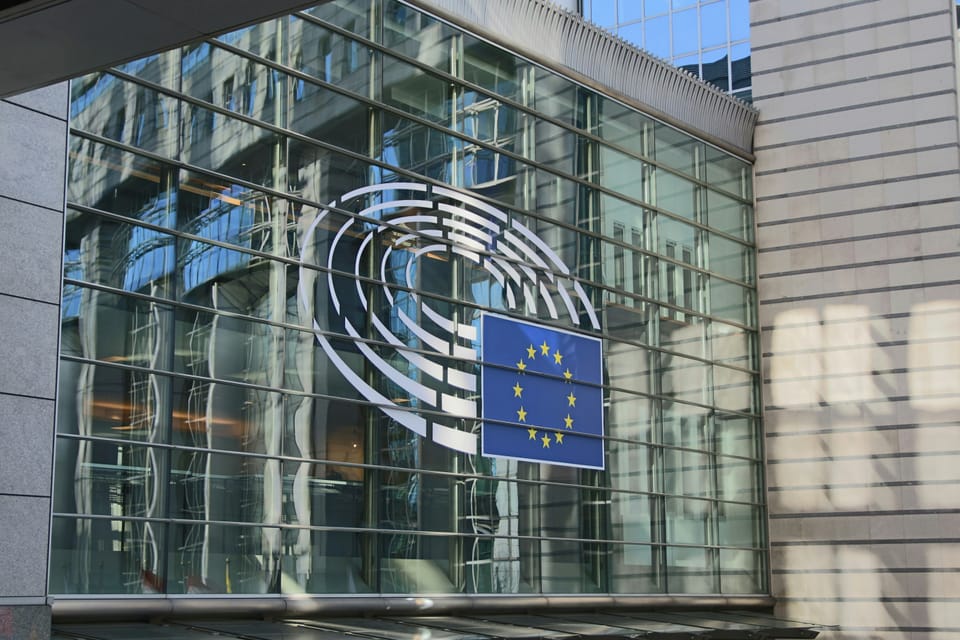Sector-specific European Sustainability Reporting Standards delayed by two years

The European Parliament has approved a two-year delay in the development and adoption of sector-specific reporting standards with the goal of easing the CSRD compliance burden for companies.
The first set of European Sustainability Reporting Standards (ESRS) was adopted in July 2023, laying out exactly which data points companies are expected to disclose under the Corporate Sustainability Reporting Directive (CSRD).
These general ESRS feature 1,178 disclosures across 12 categories, causing concern among sustainability directors, some of which estimated it would take 375 hours to compile the necessary data.
Sector-specific ESRS, meant to clarify disclosure requirements for particular sectors, were initially expected by June 2024, but the EU Commission proposed delaying their adoption last November to reduce the reporting burden for companies.
Today (January 24), Members of the European Parliament’s Legal Affairs Committee approved the delay to allow companies to focus on implementing the first general ESRS first. “Companies have been putting up with too much bureaucracy in years of crisis, from Covid to inflation,” said rapporteur Axel Voss.
The European Financial Reporting Advisory Group (EFRAG) will now have more time to finalise the eight sector-specific standards they are developing, but the MEPs emphasised their importance for investors and asked the Commission to publish them as soon as they are ready, even before the deadline.
CSRD adoption for third-country companies also delayed
The Parliament also agreed to delay adoption of the general sustainability reporting standards for third-country companies until 2026, instead of 2024.
The decisions will likely come as a disappointment to NGOs and members of the green economy, which already saw the ESRS as too lenient.
Moreover, law firm Norton Rose Fulbright warned in November that any changes in the implementation of the CSRD could create regulatory uncertainty around sustainability reporting and potentially affect other standards that aim to work alongside ESRS, such as the ISSB.
“Changes to the implementation of the CSRD, both in scope and timeline, will likely create ripples as other bodies pivot to reflect these shifts and preserve the much-discussed end goal: streamlined sustainability reporting for reduced duplication and uncertainty, and increased impact. The challenge for companies is to keep abreast of this fast-moving sustainability reporting landscape as it evolves,” the firm said.







Member discussion